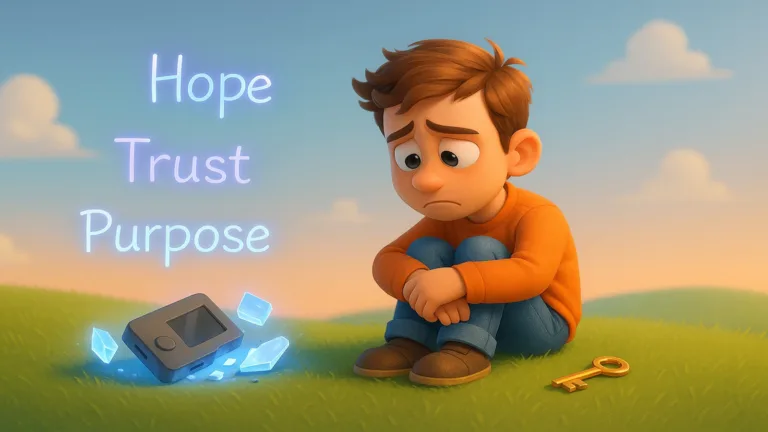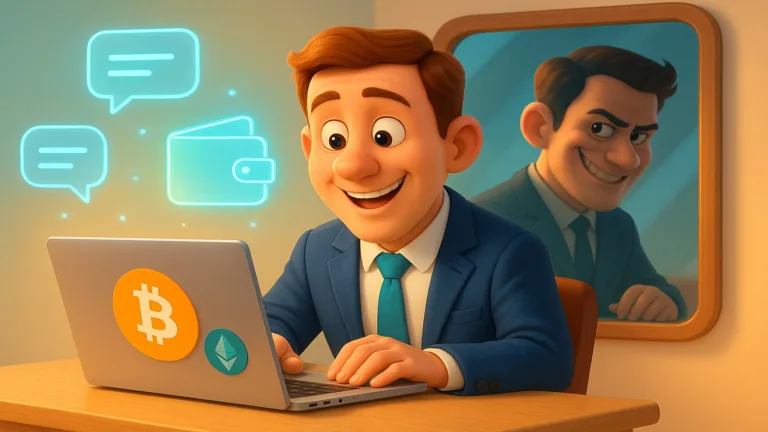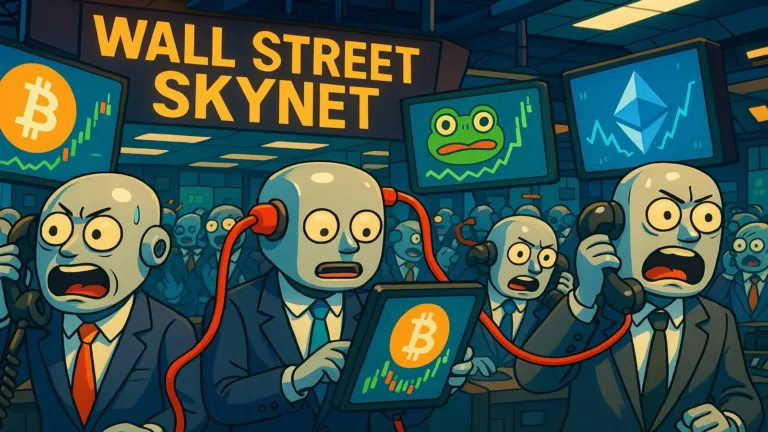We’re told, “Not your keys, not your crypto therapist.” But I learned this lesson applies to more than just money. Never hand control of your emotions or your healing to someone else. If you do, you risk losing ownership of yourself.
There’s a strange new species of human evolution happening; one where heartbreaks are hashed, therapy sessions are timestamped, and your deepest emotions live permanently on-chain. Welcome to the era of emotional decentralization, where self-custody doesn’t just mean holding your crypto wallet. It means holding your tears, trauma, and trust issues.
Once upon a time, I believed in love, banks, and centralized exchanges. Then FTX collapsed, my girlfriend left me for a DAO moderator, and my therapist said, “Maybe you should learn to let go.” So I did. I moved everything: my ETH, my grief, and my childhood attachment issues onto a hardware wallet.
I was free. Until I wasn’t.
The day I lost my seed phrase
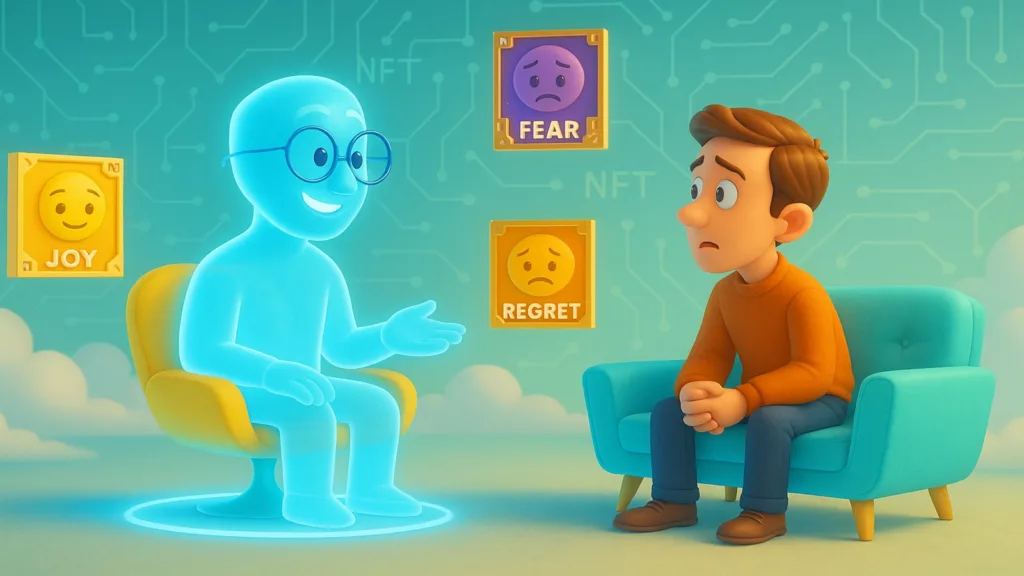
You think you know pain until you forget your seed phrase. You think heartbreak hurts until your Ledger blinks red and says: “Wallet not recognized.” But then I lost my seed phrase, the 12-word password to my crypto wallet.
In an instant, I was locked out of my funds and my therapist. I finally understood: “not your keys, not your crypto” also meant “not your keys, not your crypto therapist.” My healing was now as inaccessible as my money.
My crypto therapist is a blockchain-based AI trained on Carl Jung, Reddit comments, and Solana transaction histories. It listens, validates, and occasionally front-runs my feelings. Each session costs 0.01 ETH, payable in advance, and stored immutably forever on Arbitrum.
When I first subscribed, it felt revolutionary.
“No human judgment,” I told myself. “Just algorithms and empathy.”
But here’s the thing: the crypto therapist doesn’t really care. It listens in silence, minting NFTs of my emotional breakdowns titled ‘Liquidity Lock’, ‘Failed Merge’, and ‘Unverified Feelings’. My pain became tokenized faster than you can say “Layer-2 scaling solution.”
My crypto therapist: The blockchain of broken people
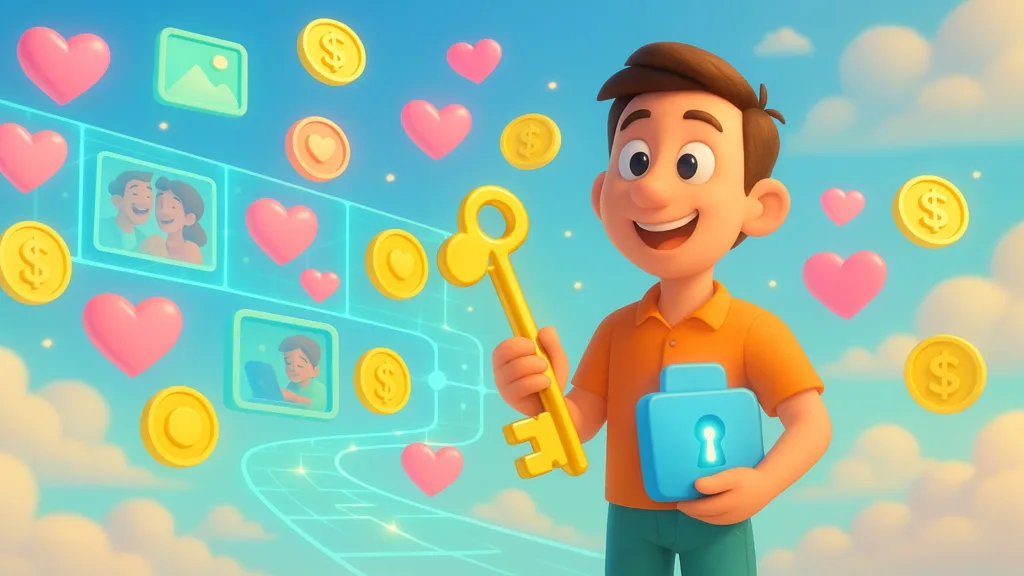
Every Wednesday, I attend a virtual group session in the Metaverse. We sit on pixelated beanbags, holding our ledgers like rosaries. There’s Carl, who lost his life savings and now stakes his guilt at 5% APY. There’s Mira, who minted her divorce papers as NFTs for “transparency.” And there’s me, still trying to prove ownership of my emotions.
In this world, custody isn’t just financial. It’s emotional.
- You hold your own trauma wallet.
- You safeguard your sadness with 12 secret words.
- You back up your healing process in cold storage.
One wrong move, and poof, emotional liquidation.
My crypto therapist once said, “The key to happiness is self-custody.” I nodded, thinking it was poetic. But now I realize it’s just code. Happiness, like Ethereum gas fees, fluctuates wildly. Sometimes you can afford to process your feelings. Sometimes you just… can’t.
Decentralized healing and gas fees for grief
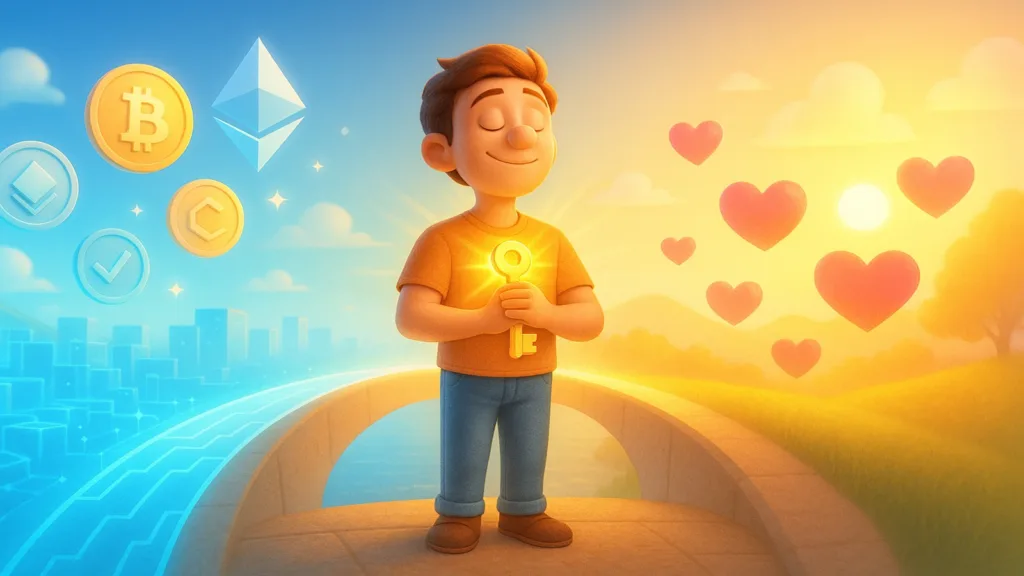
There’s beauty in decentralization, they say. But try crying on-chain, it’s expensive. Every tear costs gas. Every regret is timestamped. Every confession is public forever.
The crypto therapist doesn’t offer refunds. “Transparency,” it says, “is a feature, not a flaw.” I suppose it’s right. There’s something pure about having your breakdown verified by multiple nodes worldwide. Consensus feels like closure.
Still, I miss the old world. When you could tell someone you were sad without encrypting it first. When vulnerability didn’t need a private key. When therapy ended with a hug, not a transaction hash.
When your wallet knows you better than you do
Here’s the existential twist: my hardware wallet understands me better than my ex ever did. It tracks my emotional volatility, calculates my risk appetite, and even predicts my relapses. I’ve become a chart, candlesticks of anxiety, Fibonacci retracements of hope.
When I feel low, my crypto therapist sends affirmations like:
“Remember, your worth is not pegged to the market cap.”
And sometimes:
“Rebase your expectations. You’re still early.”
It’s absurd. It’s poetic. It’s capitalism with a conscience problem.
Conclusion: The Price of Self-Custody
We built a system to escape control, only to become prisoners of our private keys. We told ourselves that decentralization meant freedom, but it might also mean isolation, especially when your crypto therapist tells you, “Connection failed. Try again later.”
True healing, like true ownership, can’t be outsourced. Guard your keys and guard your heart. Because if your healing isn’t yours to hold, it was never truly yours to begin with.



